In the wake of the mass shooting in Sutherland Springs, Texas, which resulted in 27 deaths earlier this week, the government once again finds itself at an impasse. If thoughts and prayers haven't worked, shouldn't a significant change in gun policy fare much more successfully?
You would think. Alas, as Ross Ramsey posits in an op-ed for The Texas Tribune, "the government isn’t yet in a position to do anything about it, given the political stalemate over gun laws." That's despite the fact that mass shootings "are less predictable than the weather" but "through the National Weather Service and other outfits, the government has harnessed enough observational science to predict when and where storms are likely to hit."
According to former Democratic Congressman Steve Israel (NY), who wrote an op-ed for The New York Times shortly after last month's mass shooting in Las Vegas which proclaimed Congress "will do nothing" about gun violence, Democrats were unable to enact reforms, including "our attempts to rescind the infamous Dickey Amendment, which prevents the Centers for Disease Control and Prevention from even researching the relationship between gun violence and public health."
Indeed, the amendment––a 22-year-old-rule named for its sponsor, Arkansas Republican Jay Dickey––appears to stymie government funding. Dickey's move benefited from the full support of the National Rifle Association (NRA). The amendment declares that "none of the funds made available for injury prevention and control at the Centers for Disease Control and Prevention (CDC) may be used to advocate or promote gun control.” When it was signed into law, it came with an earmark that undercut CDC programs to study gun violence, and the $2.8 million in funding originally intended for the program was redirected elsewhere.
Politifact notes that Dickey joined with the former head of the CDC’s National Center for Injury Prevention and Control Mark Rosenberg to "challenge that long-held assumption" that the amendment blocks research into gun violence. In a 2016 public letter, the two men say they "believe strongly that funding for research into gun-violence prevention should be dramatically increased" and that they "do not see the congressional language against using federal funds ‘to promote or advocate gun control’ as a barrier to this research."
In a letter dated March 17, 2016, Delaware Senator Tom Carper, the top Democrat on the Homeland Security and Governmental Affairs Committee (HSGAC), even went so far as to say the meaning of the Dickey Amendment had been "misconstrued":
As a result, public health researchers at the CDC and other federal agencies have been discouraged from conducting scientific research on gun violence. Although the CDC self-directs a portion of its nearly $6.2 billion annual budget to a wide variety of intra- and extramural research, the CDC has been reluctant to devote funding to gun violence research without a specific appropriation from Congress.
To accentuate his point, Carper noted that in 2015, the CDC assessed the causes of a rise in gun violence in the city of Wilmington, proving that the Dickey Amendment does not explicitly bar government gun violence studies and that its impact has been more political than legal. However, without a mandate from Congress, activities are limited. In fact, the CDC declined to conduct or fund research into gun violence, even after former President Barack Obama issued a directive in the wake of the 2012 Sandy Hook shooting, calling it a hot-button issue. Said David Hemenway, the director of the Harvard Injury Control Research Center, "As far as I can tell the CDC still correctly believes that gun research, or even mentioning guns, is too hot to handle."
Please SHARE this with your friends and family.
Source: Newsweek, Politifact




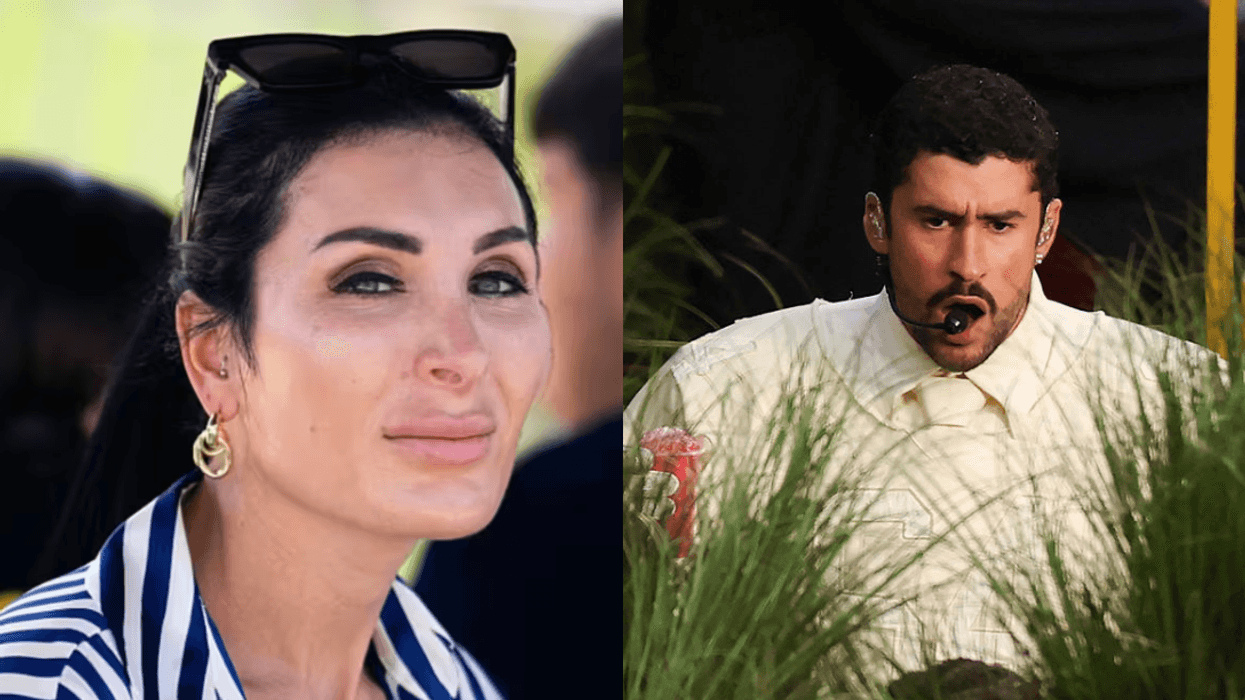
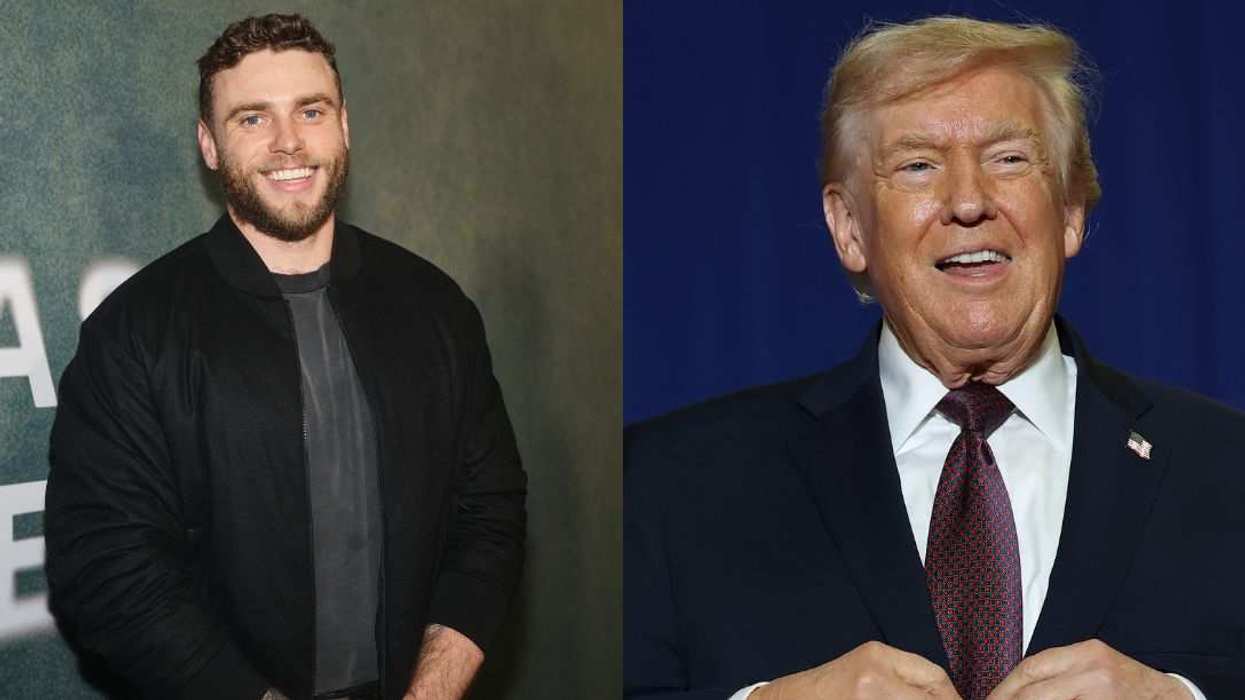

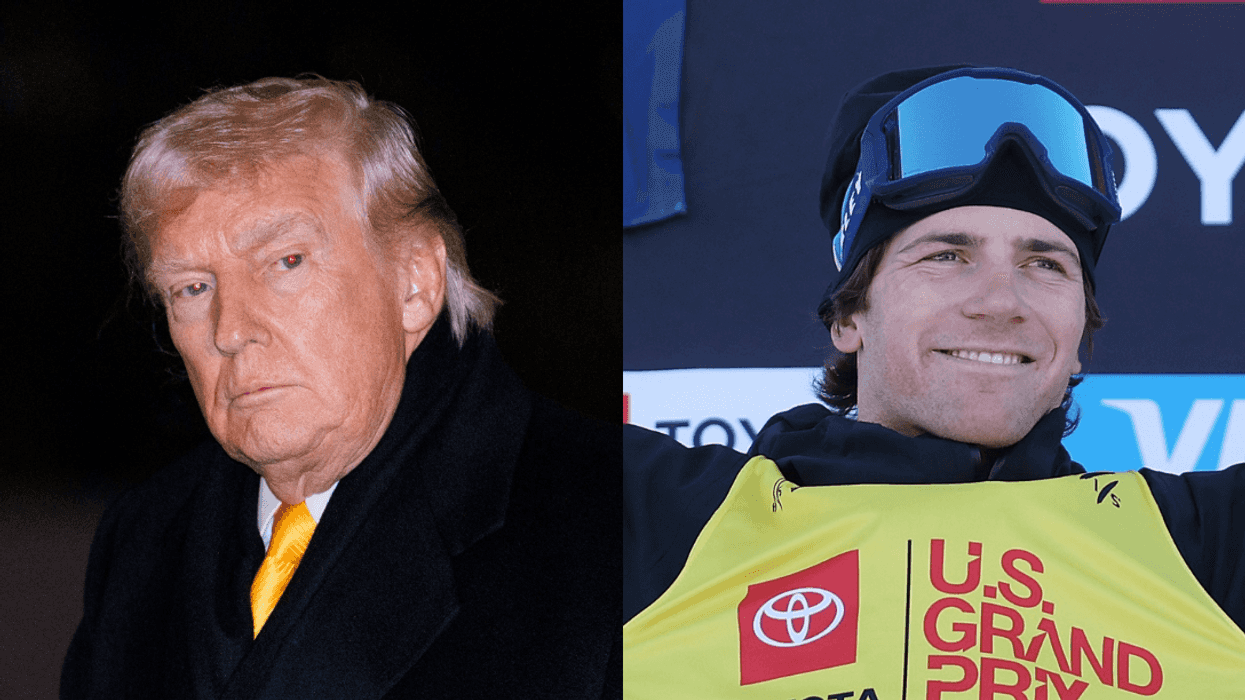
 @realDonaldTrump/Truth Social
@realDonaldTrump/Truth Social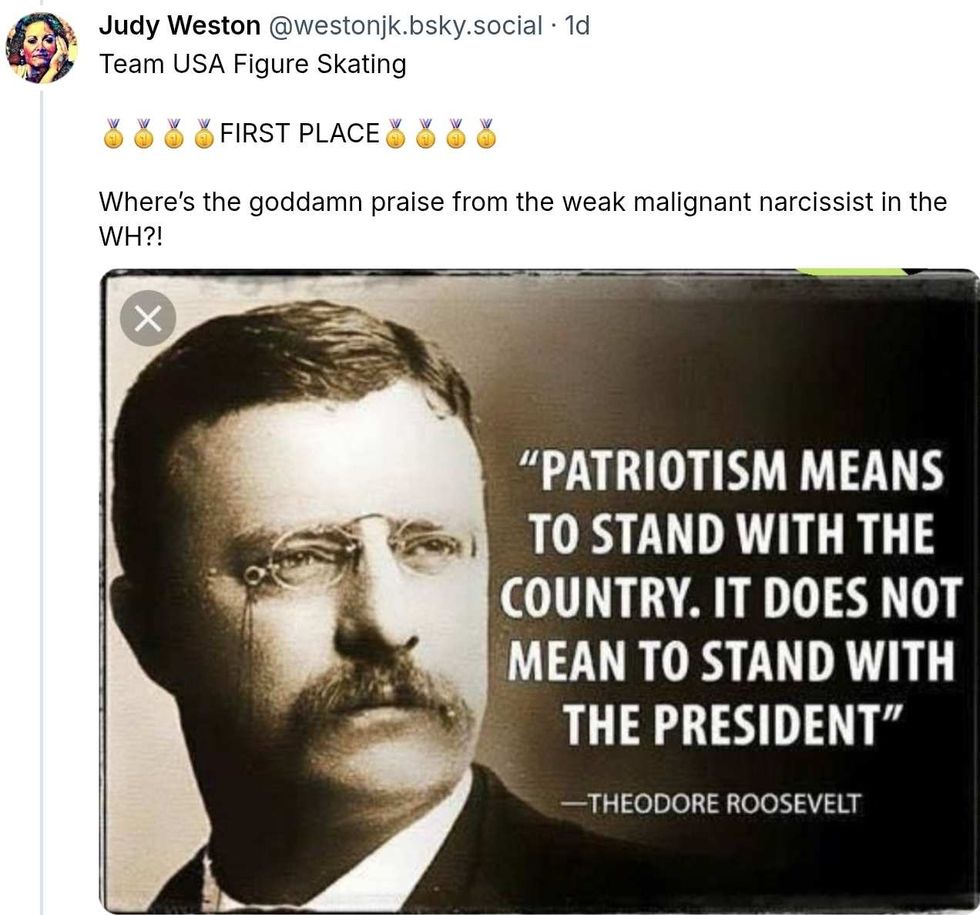 @westonjk/Bluesky
@westonjk/Bluesky @clownfeet53/Bluesky
@clownfeet53/Bluesky @shankhead/Bluesky
@shankhead/Bluesky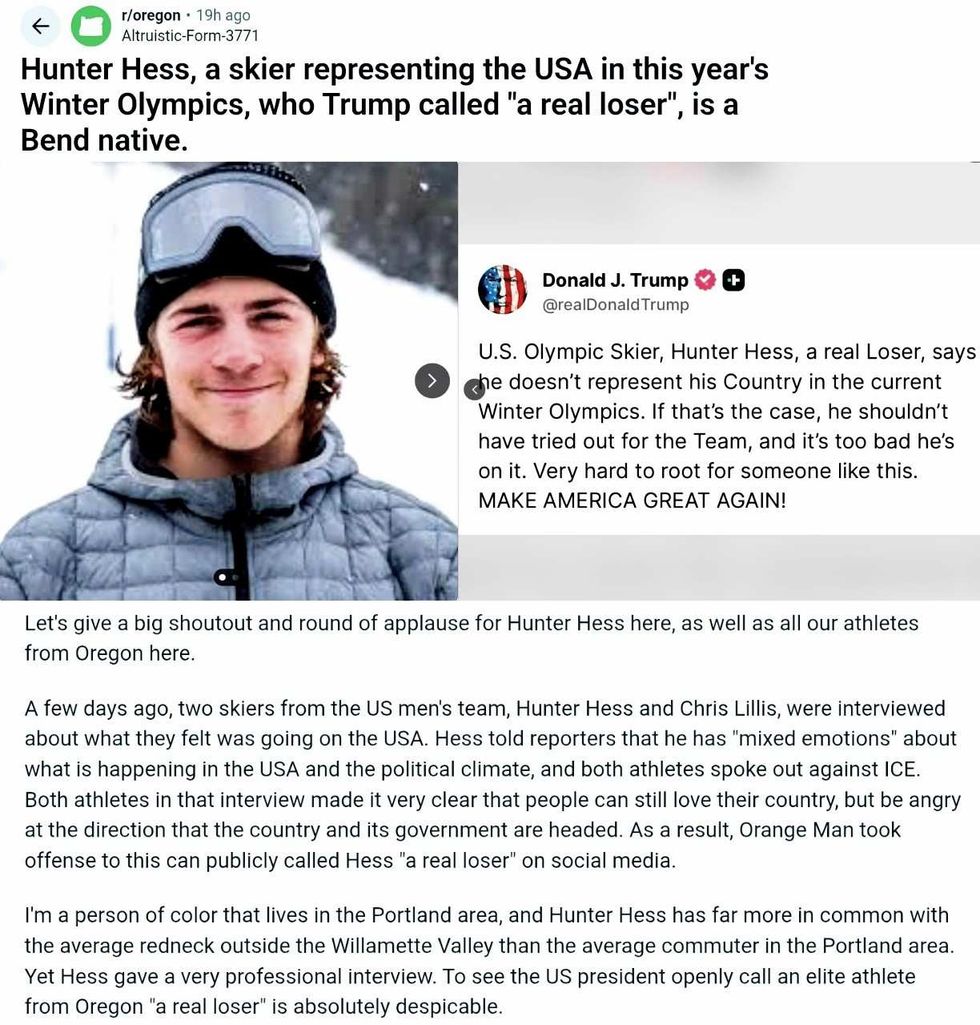 r/Oregon/Reddit
r/Oregon/Reddit r/Oregon/Reddit
r/Oregon/Reddit r/Oregon/Reddit
r/Oregon/Reddit r/Oregon/Reddit
r/Oregon/Reddit r/Oregon/Reddit
r/Oregon/Reddit r/Oregon/Reddit
r/Oregon/Reddit r/Oregon/Reddit
r/Oregon/Reddit r/Oregon/Reddit
r/Oregon/Reddit r/Oregon/Reddit
r/Oregon/Reddit r/Oregon/Reddit
r/Oregon/Reddit r/Oregon/Reddit
r/Oregon/Reddit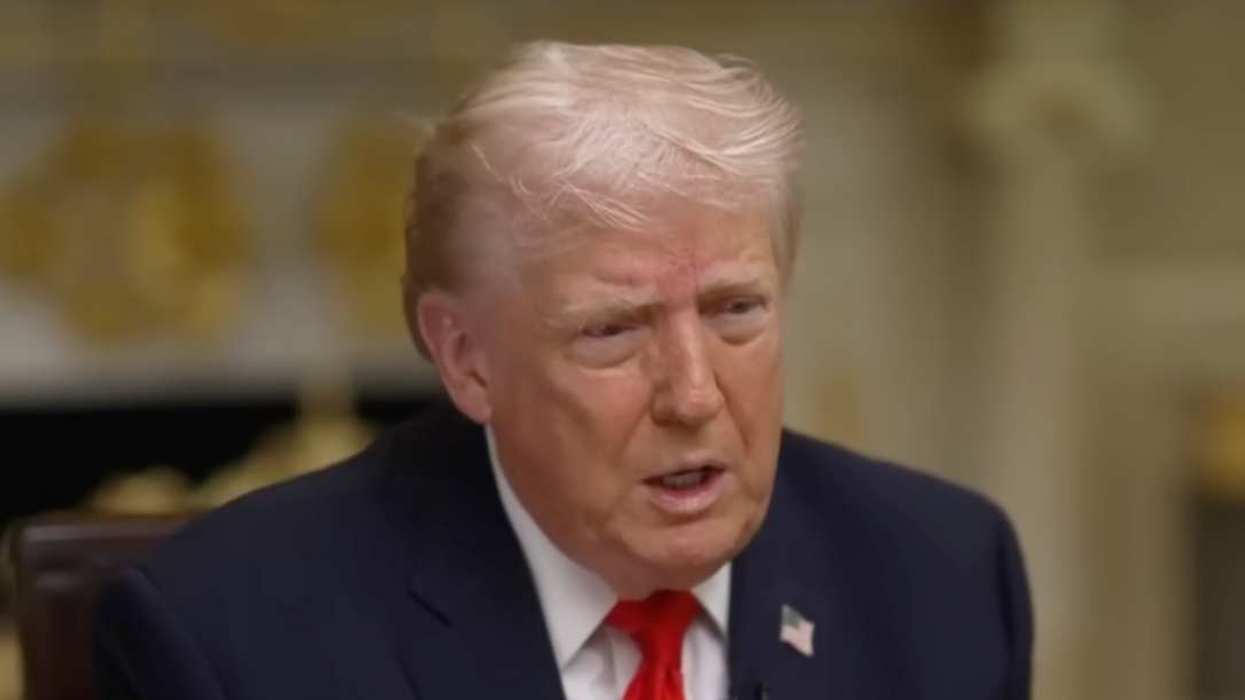







 @goodhangwithamy/Instagram
@goodhangwithamy/Instagram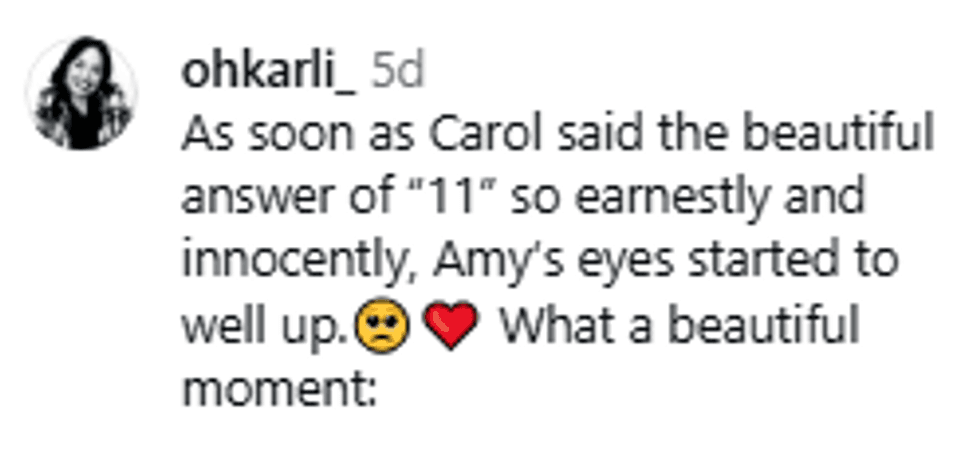 @goodhangwithamy/Instagram
@goodhangwithamy/Instagram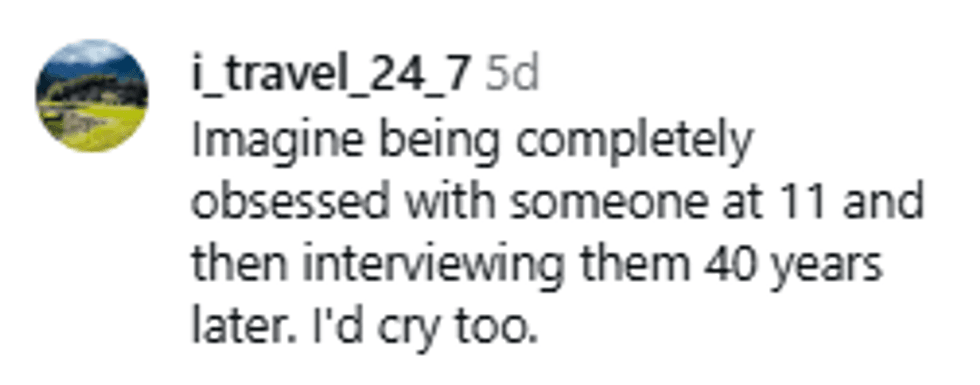 @goodhangwithamy/Instagram
@goodhangwithamy/Instagram @goodhangwithamy/Instagram
@goodhangwithamy/Instagram @goodhangwithamy/Instagram
@goodhangwithamy/Instagram @goodhangwithamy/Instagram
@goodhangwithamy/Instagram @goodhangwithamy/Instagram
@goodhangwithamy/Instagram @goodhangwithamy/Instagram
@goodhangwithamy/Instagram @goodhangwithamy/Instagram
@goodhangwithamy/Instagram @goodhangwithamy/Instagram
@goodhangwithamy/Instagram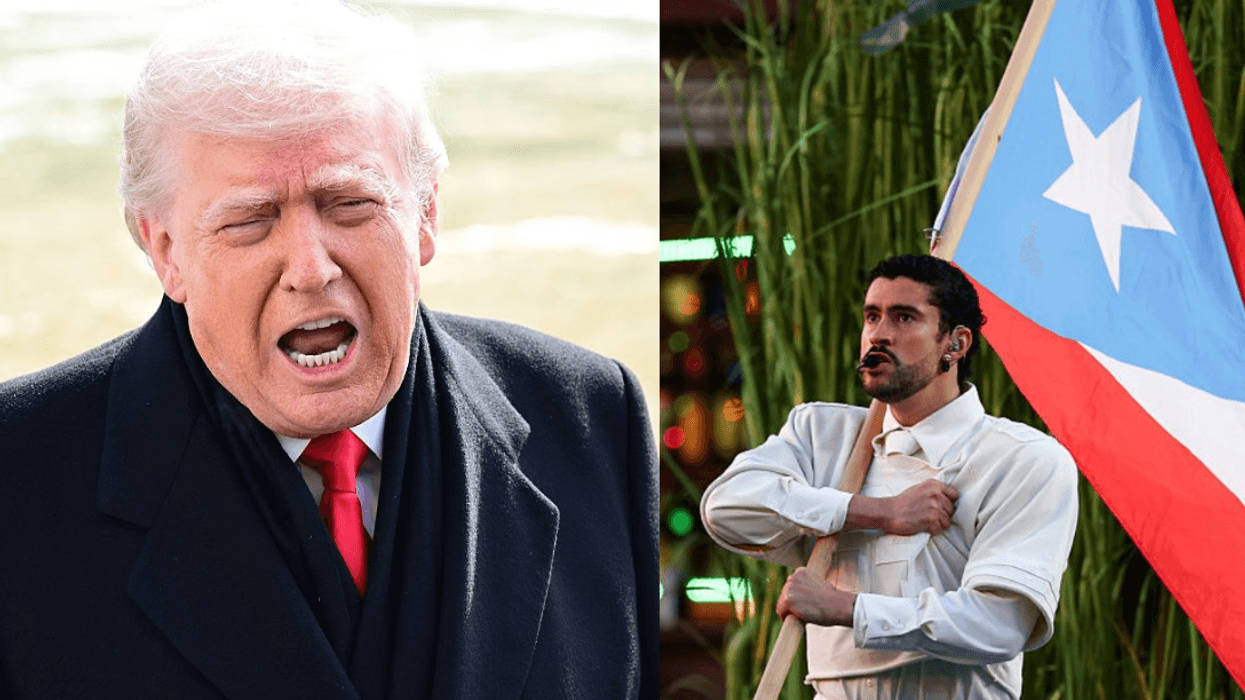
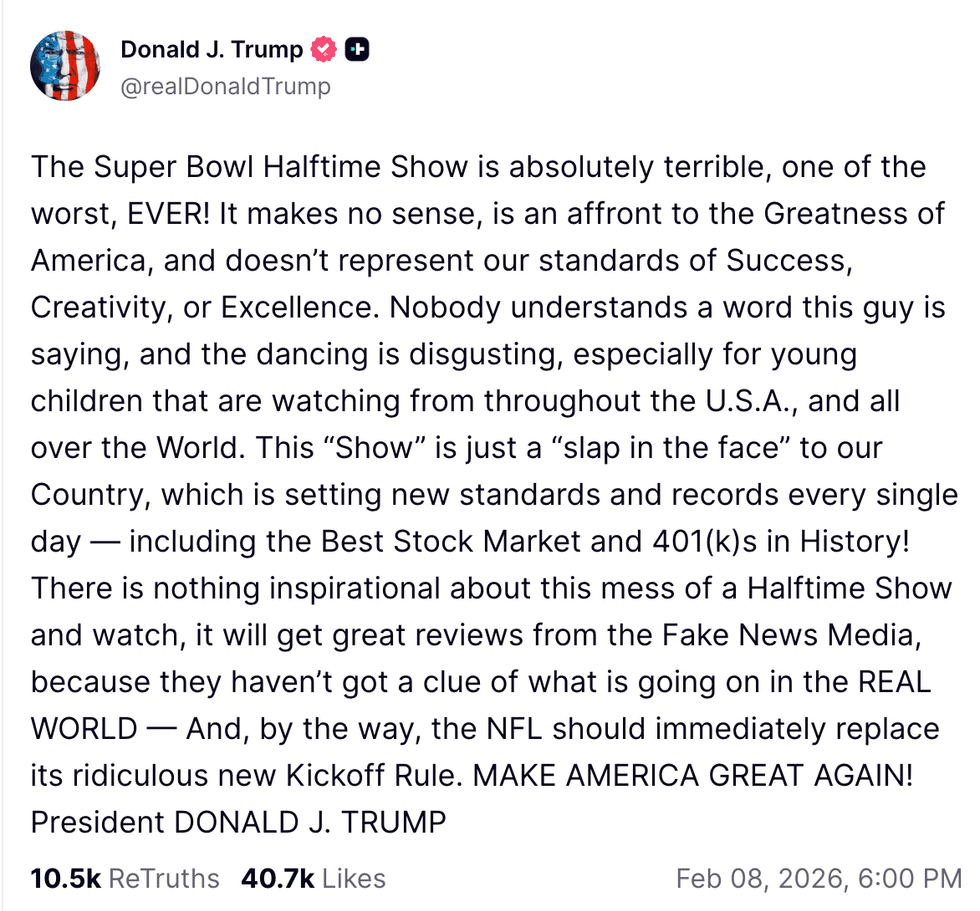 @realDonaldTrump/Truth Social
@realDonaldTrump/Truth Social